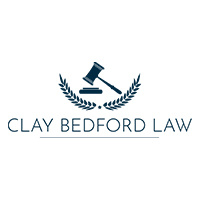 Mokelumne Hill DUI-DWI Lawyers, California
Mokelumne Hill DUI-DWI Lawyers, California
Sponsored Law Firm
-
 x
x

Click For More Info:
-
Keches Law Group
122 Dean Street Taunton, MA 02780» view mapSocial Security, Personal Injury, Workers Comp. Protecting Your Rights
Our team of experienced personal injury attorneys has over 130 years of combined experience representing individuals and families injured due to the negligence of others.
800-713-8650
Sponsored Lawyers
1-2 of 2 matches
Criminal, DUI-DWI, Misdemeanor, Felony, Traffic
I am an attorney licensed to practice law in the State of California. My practice is limited to criminal defense and juvenile cases. The criminal cases I am accepting include everything from trespass to driving under the influence to murder. I have tried cases ranging from trespass to murder, including a death penalty case. I have lost track of the number of trials I have done, but the number is in the hundreds. The juvenile cases I accept include delinquency cases (representing minors charged with crimes) and dependency cases (usually representing parents who are charged with neglecting their children (often due to drug abuse) where the county has taken the children away from the parents and may be trying to terminate the parent's parental rights so the children can be placed for adoption.
(more)


 Sean Flaherty Taunton, MA
Sean Flaherty Taunton, MA AboutKeches Law Group
AboutKeches Law Group Practice AreasExpertise
Practice AreasExpertise

